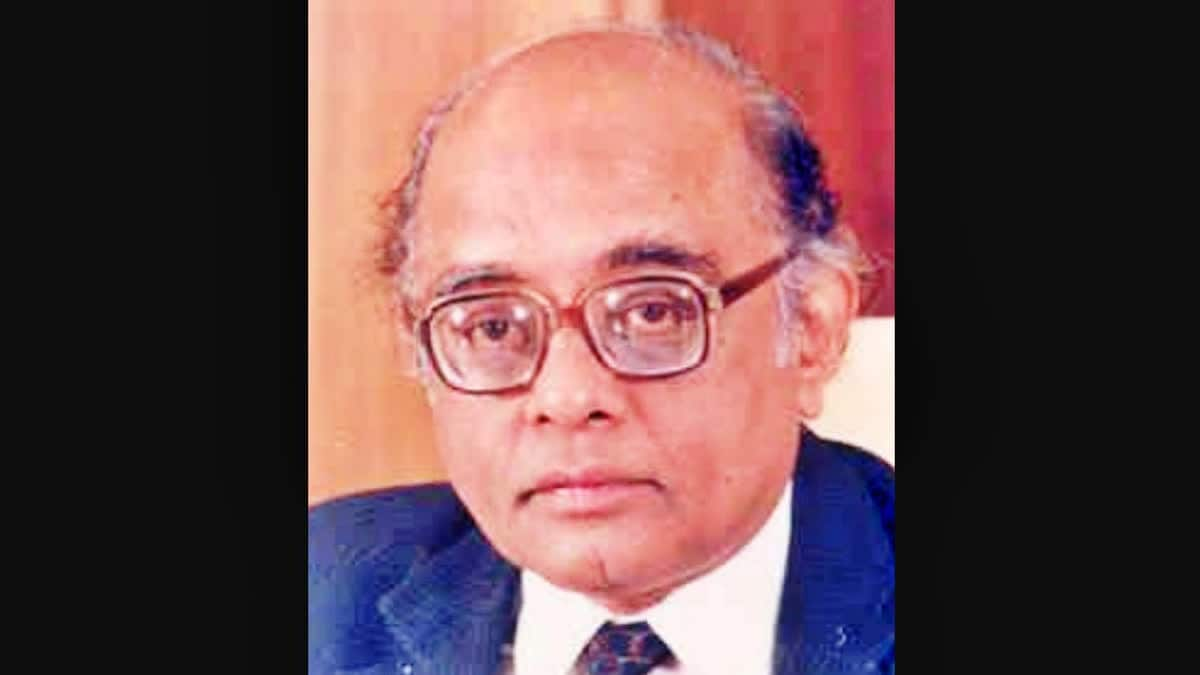
Former principal scientific adviser and nuclear scientist R. Chidambaram dies
What's the story
Dr. R Chidambaram, a pivotal architect of India's nuclear program, died on Saturday morning at a Mumbai hospital. He was 88 and had been suffering from health issues for a while. Chidambaram was instrumental in both of India's nuclear tests in 1974 and 1998. He also played a major role in finalizing the civil nuclear agreement with the United States that brought India back into the international nuclear fold.
Career beginnings
Chidambaram's early career and contributions to nuclear tests
Born in Chennai, Chidambaram started his career at the Bhabha Atomic Research Centre (BARC) in 1962 after obtaining a PhD from the Indian Institute of Science, Bangalore. He was instrumental in designing and executing India's first nuclear test in 1974. For his immense contribution to the historic event, he was awarded the Padma Shri award by the Indian government in 1975.
Leadership positions
Chidambaram's leadership roles in India's nuclear program
Chidambaram's career took him to the top of India's nuclear establishment. In 1990, he was made the director of BARC. Three years later, he became the chairman of the Atomic Energy Commission (AEC). As AEC chairman from 1993 to 2000, India conducted its second nuclear test under his leadership in 1998.
Post-retirement contributions
Chidambaram's post-retirement role and lasting legacy
After retiring from the AEC, Chidambaram took over from Dr. APJ Abdul Kalam as Principal Scientific Advisor. The post was established in 1999 after the second nuclear test. For over 17 years, he served in the advisory role, handling the fallout of India's nuclear tests and negotiating special waivers for India in international nuclear commerce.